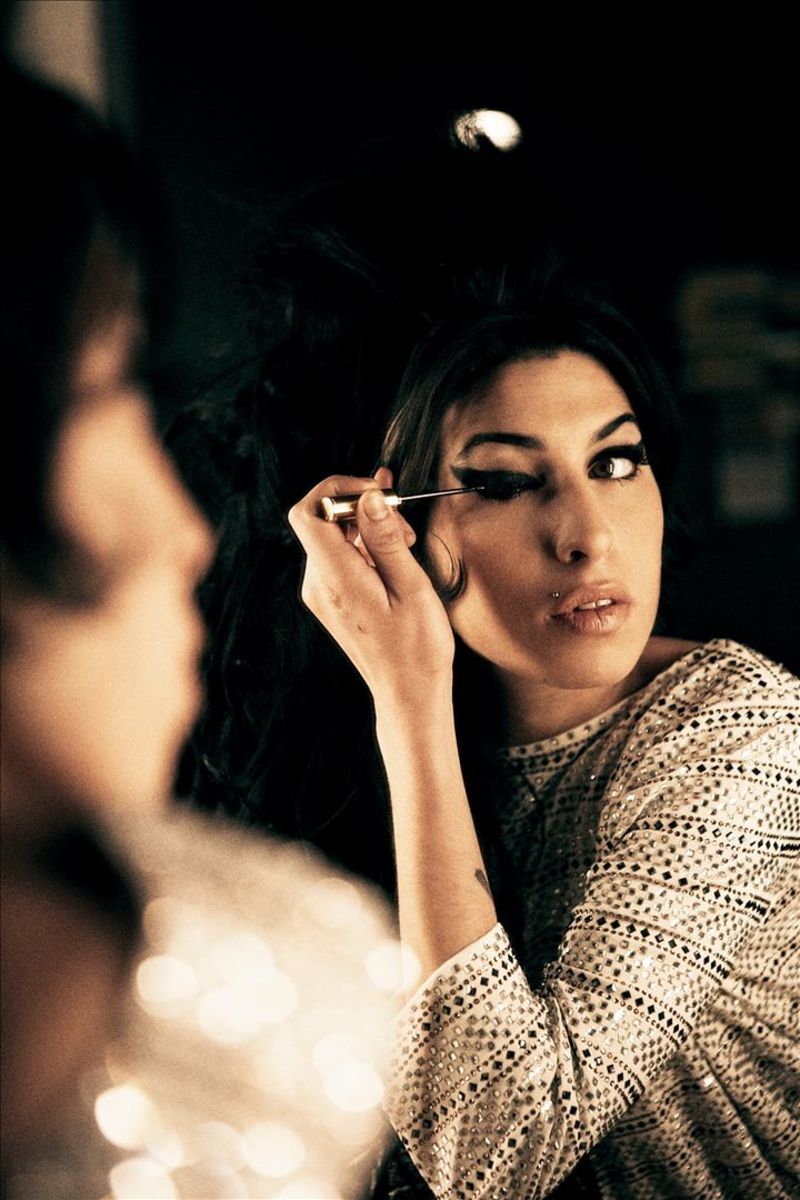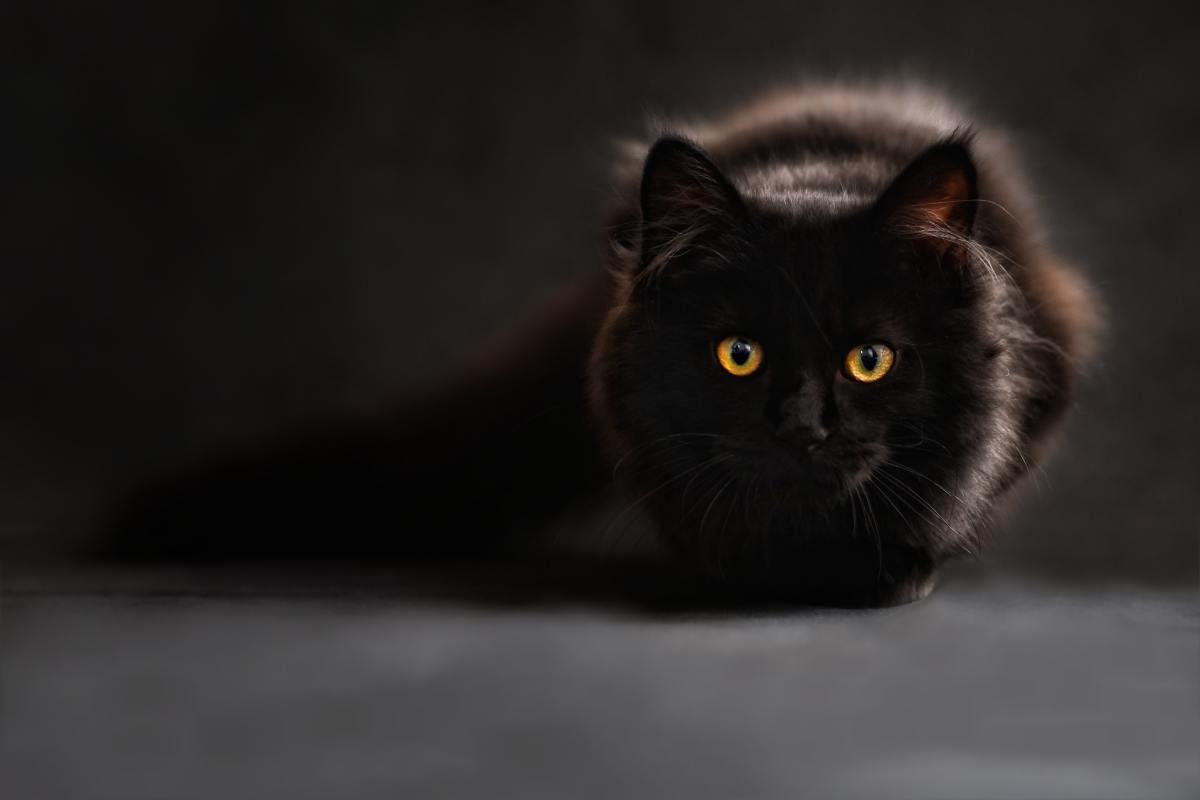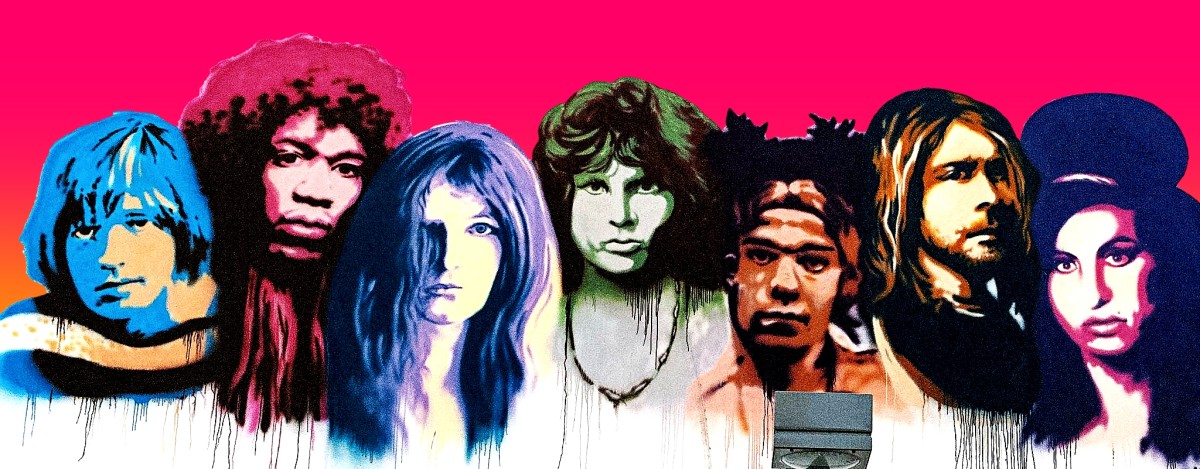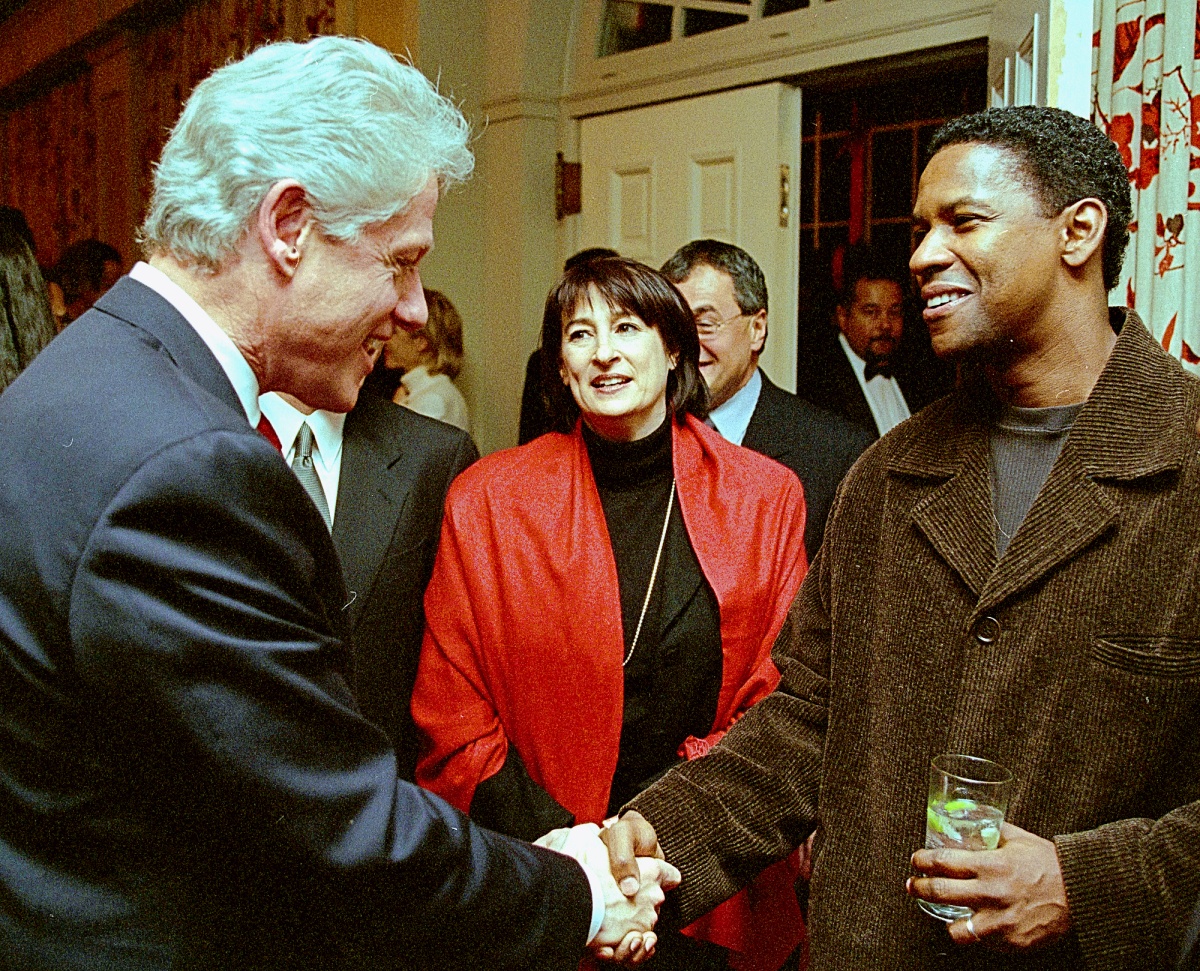Tribute to Amy Winehouse - One of the Most Successful British Female Artists in the 21st Century
Just recently, I have been listening to Amy Winehouse's Back to Black album (deluxe version) on my trusty Ipod. Of course, it is now more than a month since Winehouse passed away in her Camden Square home. Her death was perhaps shocking, although not altogether surprising. However, this is not a case of posthumous musical discovery or idolisation - I have always loved this album, and yet, until a few weeks ago, it had been a long time since I had actually played it. Even the best things sometimes get forgotten.
Back to Black is now five years old. Upon resurrecting it from from my collection, I was instantly reminded of why I had loved it in the first place. Amy Winehouse is surely one of the best British female artists ever to emerge from the UK. Talent is sometimes difficult to define, but whatever it is, Winehouse had it in abundance. Media coverage of personal problems and drug addiction often overshadowed her music, but as an artist, she will be sorely missed. Her untimely death at the age of just 27 means that any future music releases will now be limited to archives of pre-recorded, unreleased material. She has left us with only a taste of a raw and natural gift - her last ever recording was a beautiful collaboration with the legendary Tony Bennett, for his 'Duets' album.
Amy Winehouse's rich jazz vocals appealed to so many people of varying ages. My own mother, who enjoyed nights out at jazz bars in the early sixties, overlooked the odd expletive and complimentated her voice as 'amazing' after she was given Back to Black as a birthday gift. Winehouse, inspired by a love of old jazz greats from an early age, was (and still is) a timeless artist. Her music could have belonged in the past just as it does in the present and will in the future. Hints of R&B and hip hop add a modern touch, giving her the cutting edge that makes her sound unique and puts her ahead of the others. Her rich, contralto voice was vulnerably raw and multi-dimensional; at times almost hypnotic - if you shut out other sounds and listen to nothing but Winehouse's vocal, you can really hear and appreciate the depth. It is this which made her performances and recordings so special. That, and the lyrics.
Not only was Amy Winehouse a great singer, she was an outstanding songwriter. In her eyes, there was no separation between the two; one could not exist without the other. The best song writing has to come from the heart and be able to touch something within the souls of others. Winehouse wrote deeply personal, soulful songs (by her own admission, many of her songs portray difficulties in her relationship and marriage with Blake Fielder-Civil, as well as an insight into her addictions, as in 'Rehab'). I recall hearing her discuss, during a television interview, that after writing the songs during moments of personal revelation and self-healing, she would then have to sing them back to back at a gig, which could be deemed rather 'depressing'. Despite the basis of many of her songs, Winehouse did not come across as a depressing person; incidently, much of her music held a certain upbeat element that detracted from the melancholy. Although not into lavish, elaborate stage performances, she came across as very 'real', outspoken and often funny; both brash and vulnerable simultaneously. In interviews, she never seemed to be anything other than completely honest - sometimes she was highly opinionated, passionate and inspired (especially when talking about music); at other times she didn't appear to know what to say at all. All in all, she seemed to be just a girl from North London who happened to make it big.
Back to Black is much more than a vocal masterpiece. Winehouse's singing is stunning, but the combination of her soulful, jazzy tones and heartfelt, poetic lyrics makes for an album of unintended genius. I say 'unintended' because this is so obviously an album contrived from a young woman expressing the passions and frailties of her own soul, rather than any attempt to write a popular album for the masses. In doing so, Amy Winehouse shows us our own emotions regarding the turbulent twists and turns of love, as though she has held up a mirror for us to peer into - for it doesn't much matter who you are or what your life experiences have been, it is almost impossible not to find lyrics that don't hit against one's own heartstrings. Listening to the lines 'Played out by the band, Love is a losing hand', seems to compare relationships to a blind gamble - in the beginning, we have little indication of how things will turn out; we gamble our feelings and sometimes we lose. 'Love is a fate resigned', is another superb lyric, summing up the lack of control one can feel when we give our heart to another person - we stumble along as though our path is already mapped out and we cannot change it; as though we are 'resigned to our fate',
Both of the aforementioned lyrics are taken from the song 'Love is a Losing Game'. This is, perhaps, my favourite track of all on Back to Black. I love the acoustic version, the final song on the deluxe version of the album. Without the backing music, Winehouse's voice is exposed for all that it is - strong, with an element of frailty; deep, rich and transparent. To me it is a lyrically perfect song - poetic and honest; a deep tunnel into the soul of someone who has been hurt in love (and let's be truthful - who hasn't been?)
Winehouse sang with no holds barred; her lyrics were bold, unafraid and highly original. She wrote from an autobiographical perspective - the song 'Back to Black' is a superbly written account of someone reeling from the loss of a relationship and the 'grieving' that ensues. 'Wake Up Alone' is another fantastic composition, again exploring the emotions that follow separation - in the song, Winehouse describes the need to avoid negative thoughts by keeping busy during the day, only to lose control at night. Lines like 'Pour myself over him, moon spilling in,' and 'The dark covers me and I cannot run now', are further examples of a gifted, poetic writer.
Just as the sun sets and makes way for the night sky, there is all too often a dark side. It is no secret that Amy Winehouse fought a long battle with drug and alcohol addiction - she was often photographed in a unkempt state of intoxicated disarray; painfully hagged; a shadow of her true self. Just as her performances could be stunningly beautiful and effortlessly perfect, so could they be chaotic and incoherant. At times, she mumbled lyrics, seemingly barely aware that there was an audience there at all. On too many occasions, she failed to turn up, or gigs were cancelled. Sadly, her final tour ended almost before it had begun, after she was booed off the stage in Serbia in June 2011, when she appeared too drunk to perform. Over the past few years, she had managed to break away from the grip of hard drugs, but the heavy use of alcohol and periods of binge drinking appear to have remained a problem.
Winehouse's demons stood on display for all to see, but of course she was no means the only young woman to battle self-destruction. As a former city bartender, I have encountered so many people of varying ages who, for whatever reasons, were fuelled by a reliance on alcohol, and occasionally drugs. I have even witnessed the debilitatiing effects of sudden alcohol withdrawal. We are critical of those in the public eye, but they, by no means, stand alone. It is just that our cameras don't flash so readily in the face of the 'ordinary' folk.
In life, it is better to look for the rainbows. Amy Winehouse's last studio recording was a duet with Tony Bennett, of whom she was a great admirer. Recorded in March 2011, it is a beautiful collaboration - she appears to be on great form, both physically and vocally. On listening to her voice in that studio, one can only imagine what might have been. Amy Winehouse was arguably the most talented singer and songwriter of a generation, and there is little doubt that her legend will live on through her music. Praised by young and old alike, Winehouse herself was rightly proud of the album that sent her soaring to success - and in a world that idolises celebrity and fame, it is comfortably refreshing that Amy Winehouse was just in it for the music.








